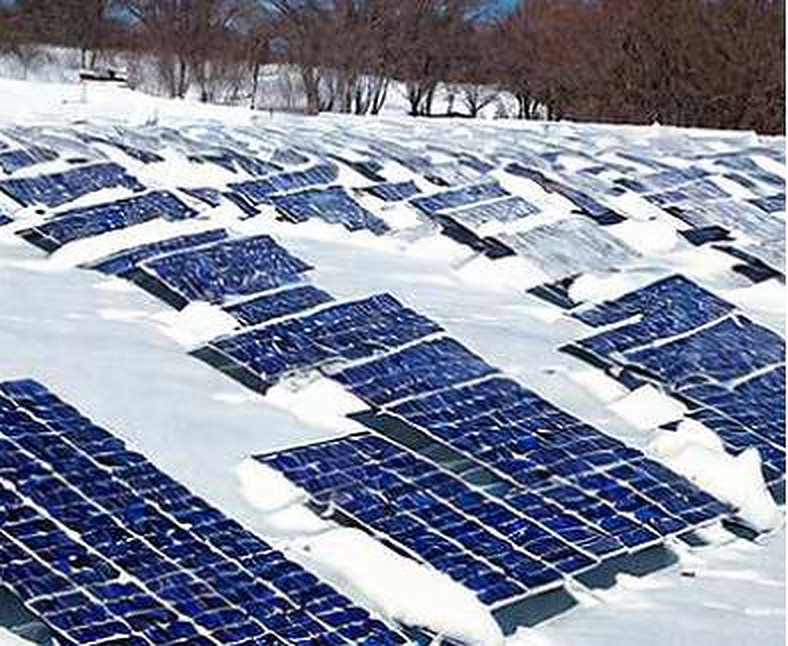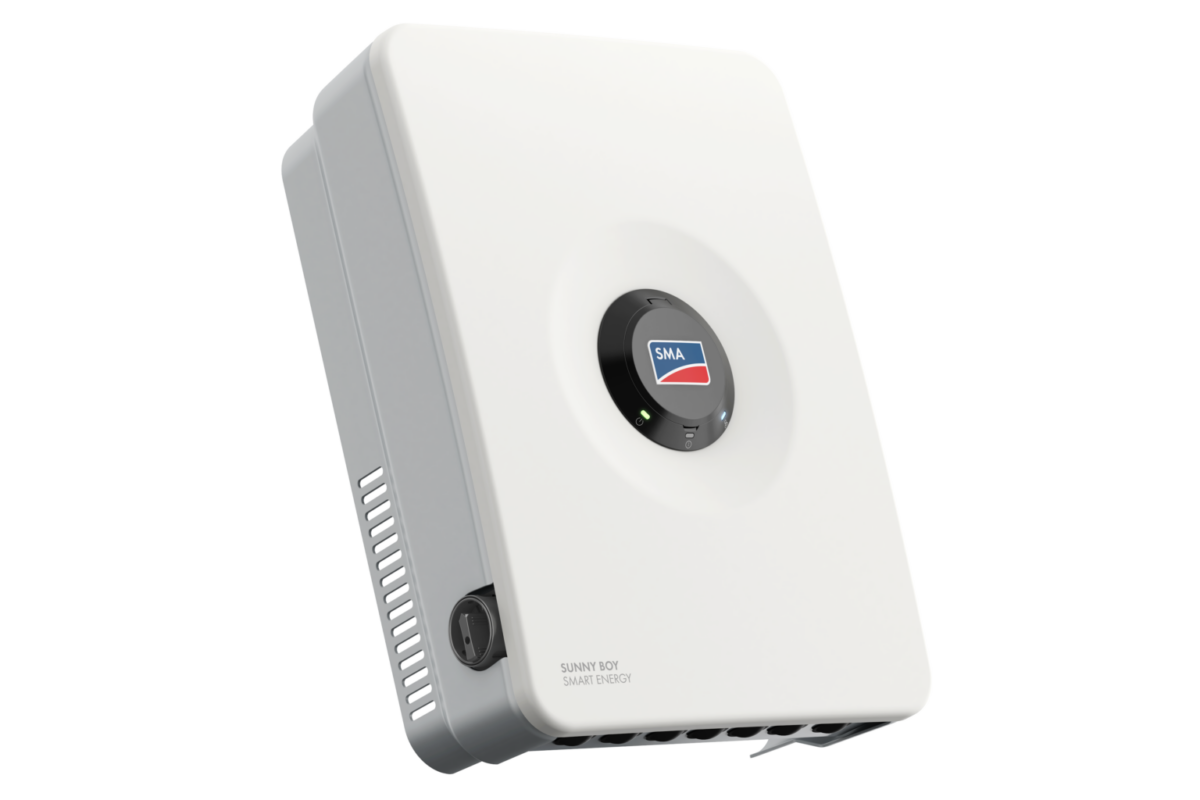In its latest study, NITE attributes rising reports of snow-related damages in residential PV systems to heavy storms in the country's Tohoku and Hokkaido regions in recent years.
“The damage caused to PV systems by snowfall over the four years is equivalent to the power output of residential solar panels for approximately 75,000 households,” NITE said, noting that the combined capacity of the affected systems is approximately 30 MW.
NITE recorded 43 cases of snow and ice-related accidents in residential PV systems between 2018 and 2021. It said that the accidents often involved damage to the module frames. NITE noted that in some cases, the systems were deployed at a tilt angle of less than 0.6 degrees, which makes it more difficult for snow to slide off the panels.
The institute urges PV system owners to conduct regular site inspections, use surveillance cameras, and implement snow removal at early stages. They also suggest the creation of snow removal plans.
“Creating a budget for snow removal may be a good move before project planning,” said NITE, which was presented much of its data in an open-access database.
In 2021, scientists at the University of Alberta in Canada presented a new set of parameters to improve short-term models to forecast the impact of snow on PV installations. The parameters include the warming effect of irradiance on the backs of panels, thermal capacity, and irradiance through snow.
This content is protected by copyright and may not be reused. If you want to cooperate with us and would like to reuse some of our content, please contact: editors@pv-magazine.com.




2 comments
By submitting this form you agree to pv magazine using your data for the purposes of publishing your comment.
Your personal data will only be disclosed or otherwise transmitted to third parties for the purposes of spam filtering or if this is necessary for technical maintenance of the website. Any other transfer to third parties will not take place unless this is justified on the basis of applicable data protection regulations or if pv magazine is legally obliged to do so.
You may revoke this consent at any time with effect for the future, in which case your personal data will be deleted immediately. Otherwise, your data will be deleted if pv magazine has processed your request or the purpose of data storage is fulfilled.
Further information on data privacy can be found in our Data Protection Policy.